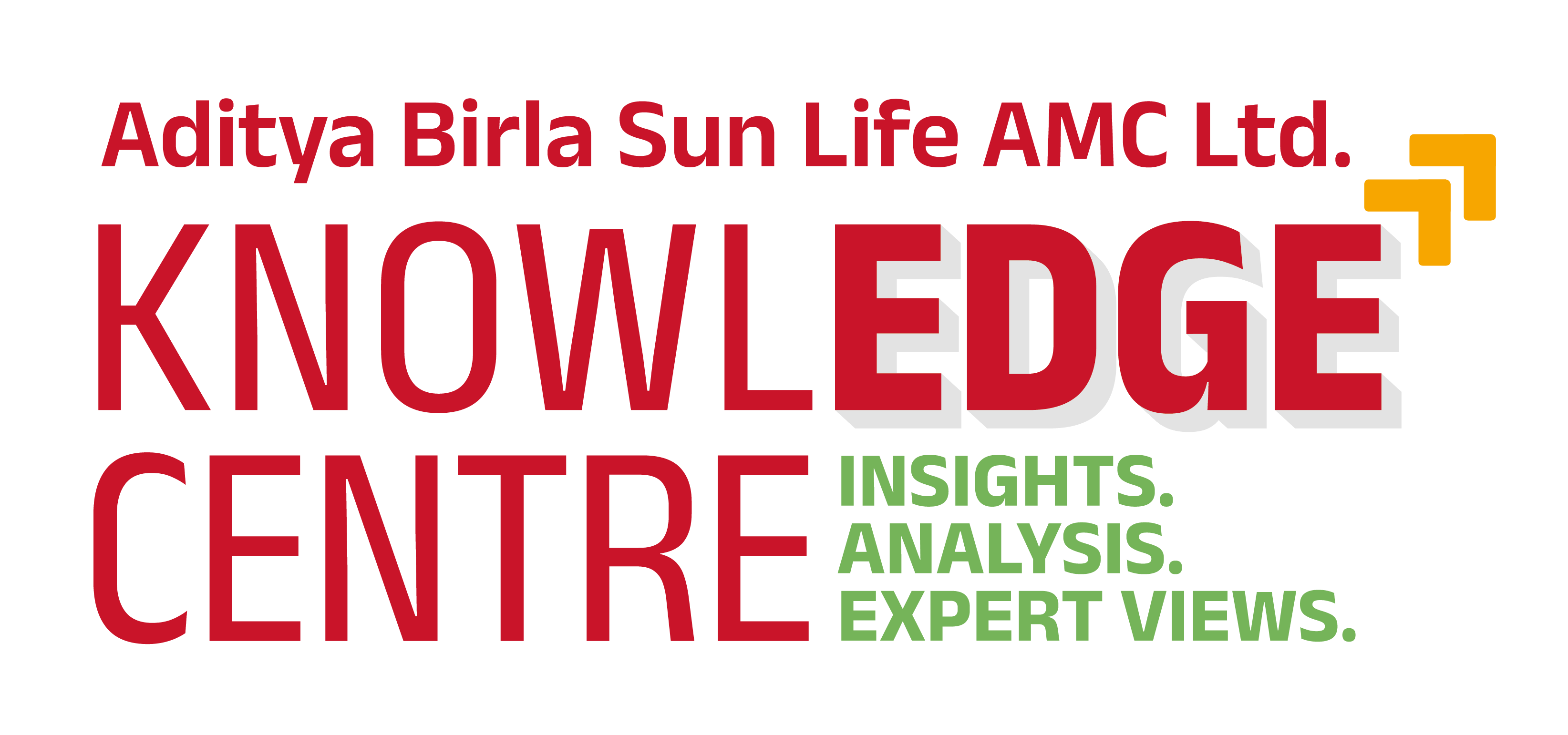-
Our Products
Our FundsFocus Funds
-
Self Care
Self-ServiceFind InformationWays To TransactPartner Solutions
-
Downloads
- Learnings
- About Us
-
More
-
Shareholders
-
Shareholders
-
-
SIP Calculators
- Back
-
Shareholders

IMPORTANT ALERT ! Beware of Fake AMC App, Online Impersonation & Scam WhatsApp Groups.

Bookmarked: Book Summary of Nudge

Sep 08, 2023
2 Mins Read
Listen to Article
"Nudge: Improving Decisions About Health, Wealth, and Happiness" is a groundbreaking book written by Cass Sunstein and Richard Thaler. In this book, the authors explore the concept of "nudging" and how small changes in the way choices are presented can significantly impact people's decisions and behaviours.
The central idea of the book is that humans are not always rational decision-makers. We are influenced by biases, limited information, and cognitive shortcuts that can lead to suboptimal choices. However, by understanding these behaviours and designing the choice architecture, or the way choices are presented, we can nudge people towards better decisions without restricting their freedom of choice. Sunstein and Thaler introduce the concept of libertarian paternalism, which suggests that it is possible to nudge people towards choices that are in their best interests while still respecting their freedom to choose. They argue that policymakers and institutions have a responsibility to design choice environments that guide individuals towards making better decisions, without imposing mandates or bans. The authors provide numerous examples of successful nudges from various domains such as healthcare, finance, and public policy. For instance, they discuss how changing the default option for organ donation from opt-in to opt-out significantly increases donation rates. They also highlight the effectiveness of reminders and prompts in encouraging people to save more for retirement.
Additionally, Sunstein and Thaler delve into the concept of choice architecture, emphasizing the importance of providing clear information and reducing cognitive barriers in decision-making processes. They discuss the power of framing and how subtle changes in the presentation of choices can have significant impacts on outcomes. By aligning the decision-making process with human behaviour and cognitive limitations, they argue that individuals can be nudged towards choices that better reflect their long-term goals and well-being.
The book also addresses ethical concerns related to nudging. Sunstein and Thaler acknowledge the potential for abuse and manipulation in choice architecture. They emphasize the importance of transparency, accountability, and respect for individual autonomy. They advocate for the use of nudges that are based on sound evidence, designed with the well-being of individuals in mind, and subject to public scrutiny.
The views expressed in this article are for knowledge/information purpose only and is not a recommendation, offer or solicitation business or to buy or sell any securities or to adopt any investment strategy. Aditya Birla Sun Life AMC Limited (“ABSLAMC”) /Aditya Birla Sun Life Mutual Fund (“the Fund”) is not guaranteeing/offering/communicating any indicative yield/returns on investments.
Mutual Fund investments are subject to market risks, read all scheme related documents carefully.
Moreover, "Nudge" explores the role of nudging in improving public policy. The authors argue that policymakers can utilize behavioural insights to design policies that encourage positive behaviours while avoiding unintended consequences. They advocate for a shift towards a more experimental approach to policymaking, where policies are tested, evaluated, and refined based on evidence and feedback.
In summary, "Nudge" presents a compelling argument for the power of choice architecture and nudging in influencing human behaviour. The book provides valuable insights into how small changes in the way choices are presented can have significant impacts on decision-making and outcomes. By understanding human biases and limitations, policymakers, institutions, and individuals can use nudges to improve decisions about health, wealth, and happiness, while still preserving individual freedom and autonomy.
You May Also Like
Loading...





 1800-270-7000
1800-270-7000









